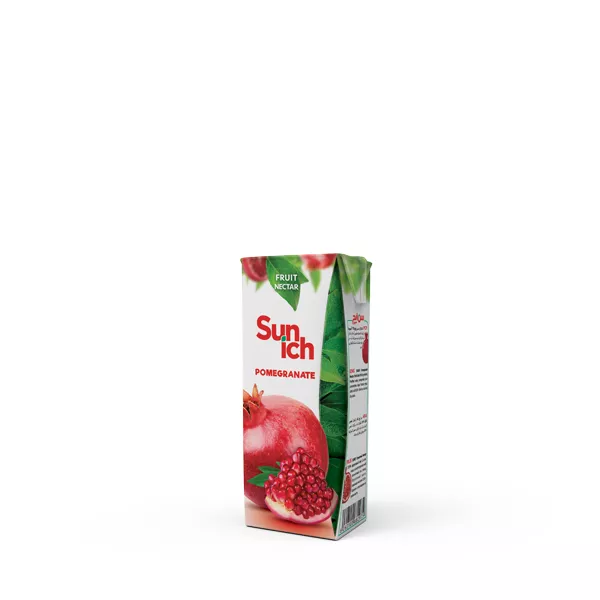Vitamin C
Vitamin C is a necessary vitamin, meaning it can’t be produced by the body. Nevertheless, it has many roles in your body and has been linked to impressive health benefits. If you have adequate vitamin C in your body, you have insured yourselves against cancers related to stomach, mouth, esophagus and chest.
This is because of its antioxidant function. It also helps boost the immune system.
Vitamin C is found in many different fruits such as oranges, limes, lemons and etc.
Antioxidant
Antioxidant supplements are popular and commonly considered healthy. The human body even generates its own antioxidants, such as the cellular antioxidant glutathione. Getting antioxidants from foods is important. In fact, our life depends on the intake of certain antioxidants – namely, vitamin C and vitamin E. In scientific language Antioxidants prevent cell death and the risk of harmful effects from free radicals. They keep the skin cells smooth and maintain the vital molecules.
Potassium
Potassium is one of the important and abundant minerals in human’s body. It helps the body regulate fluid, send nerve signals and regulate muscle contractions. Consuming a potassium-rich diet is linked to many impressive health benefits. It may help reduce blood pressure, protect against strokes, prevent osteoporosis, prevent kidney stones and etc.
